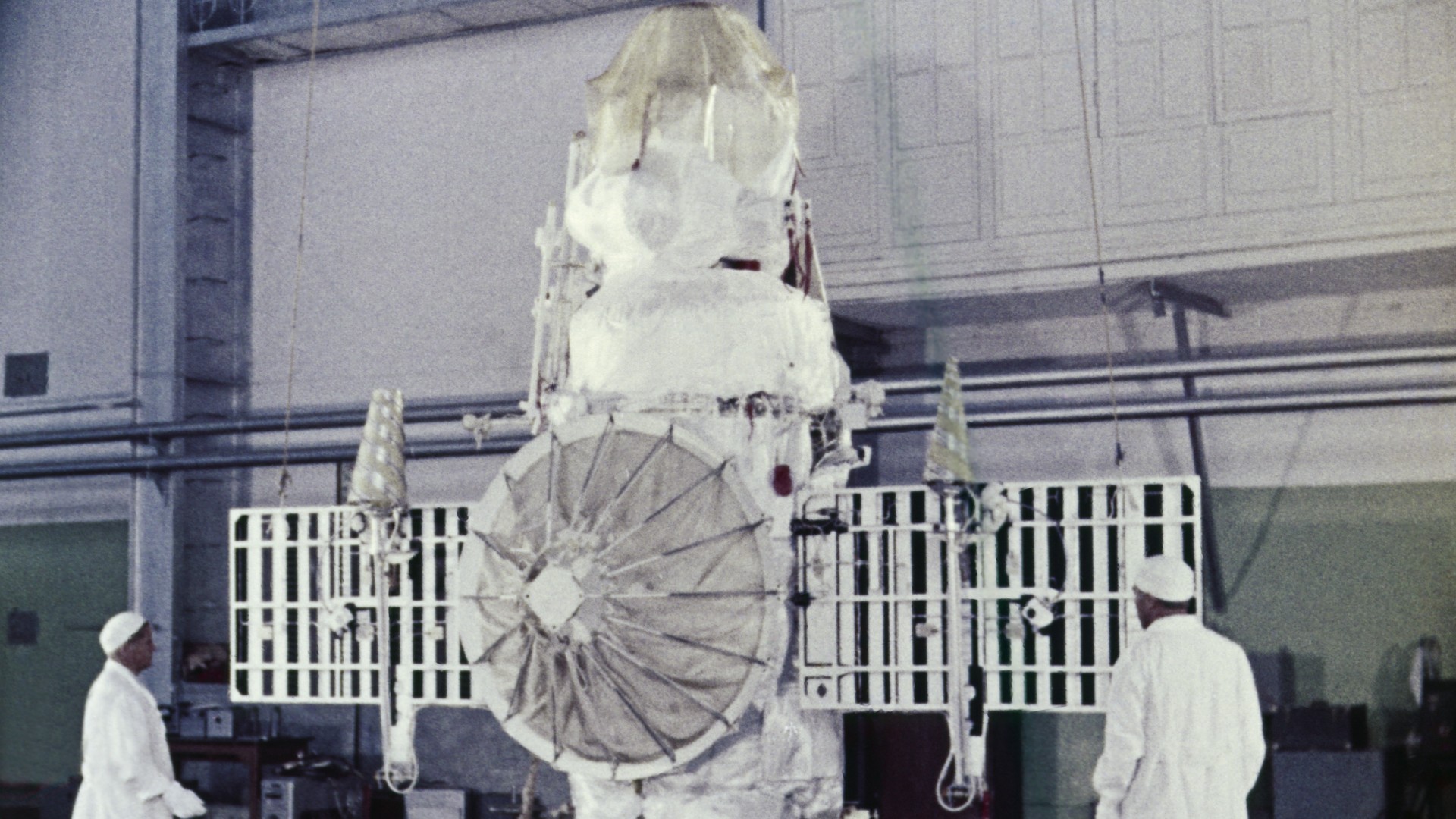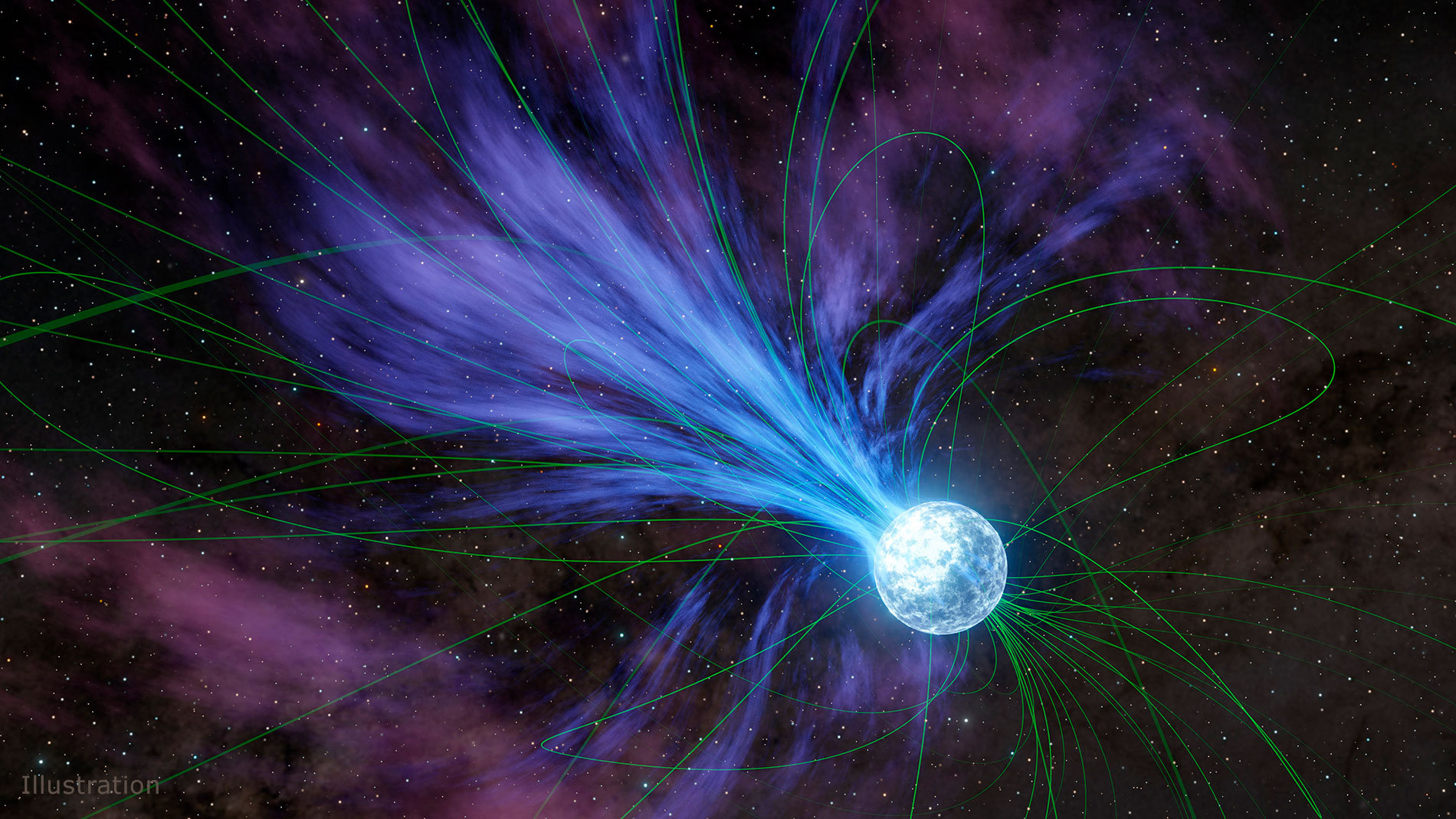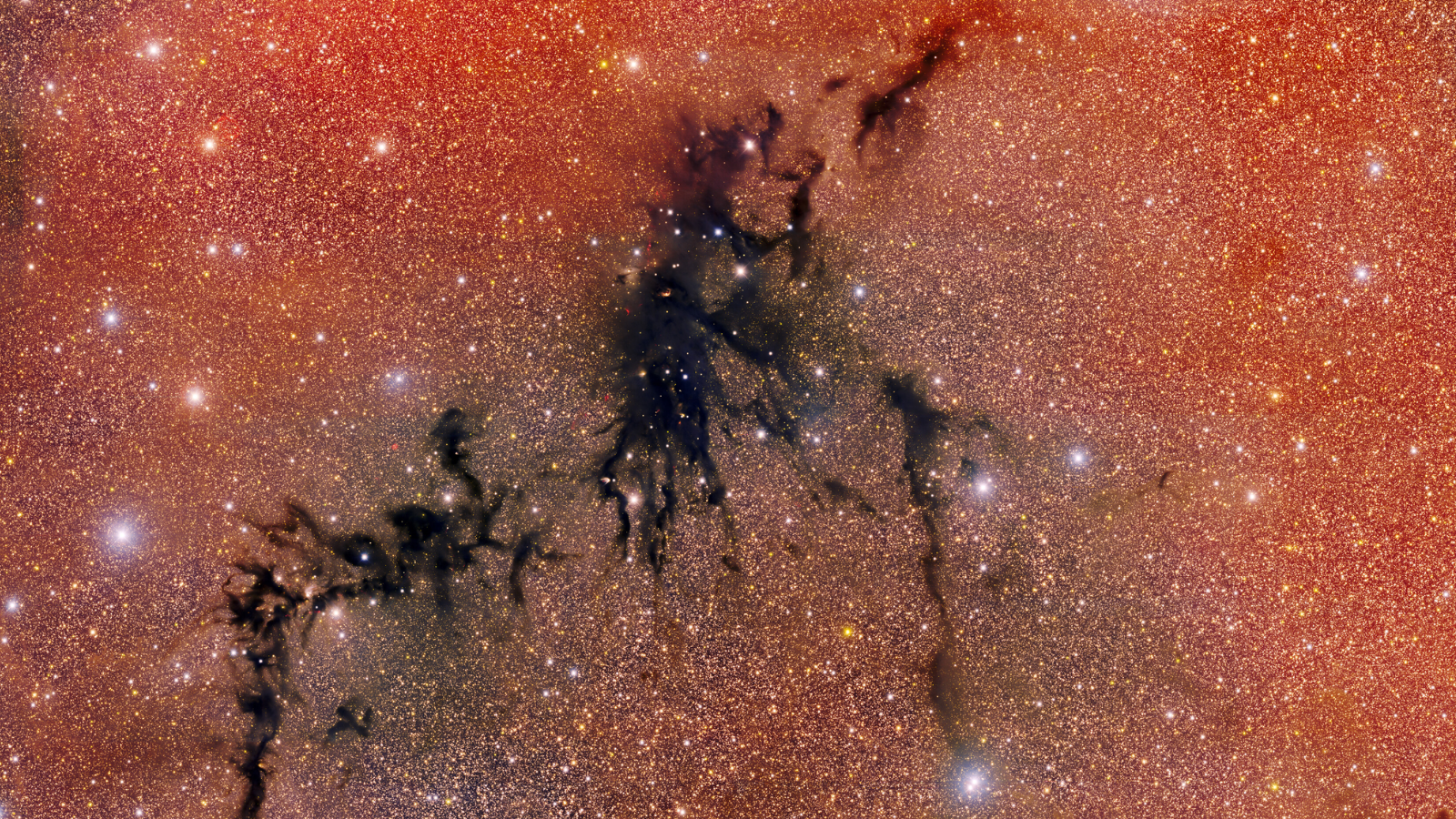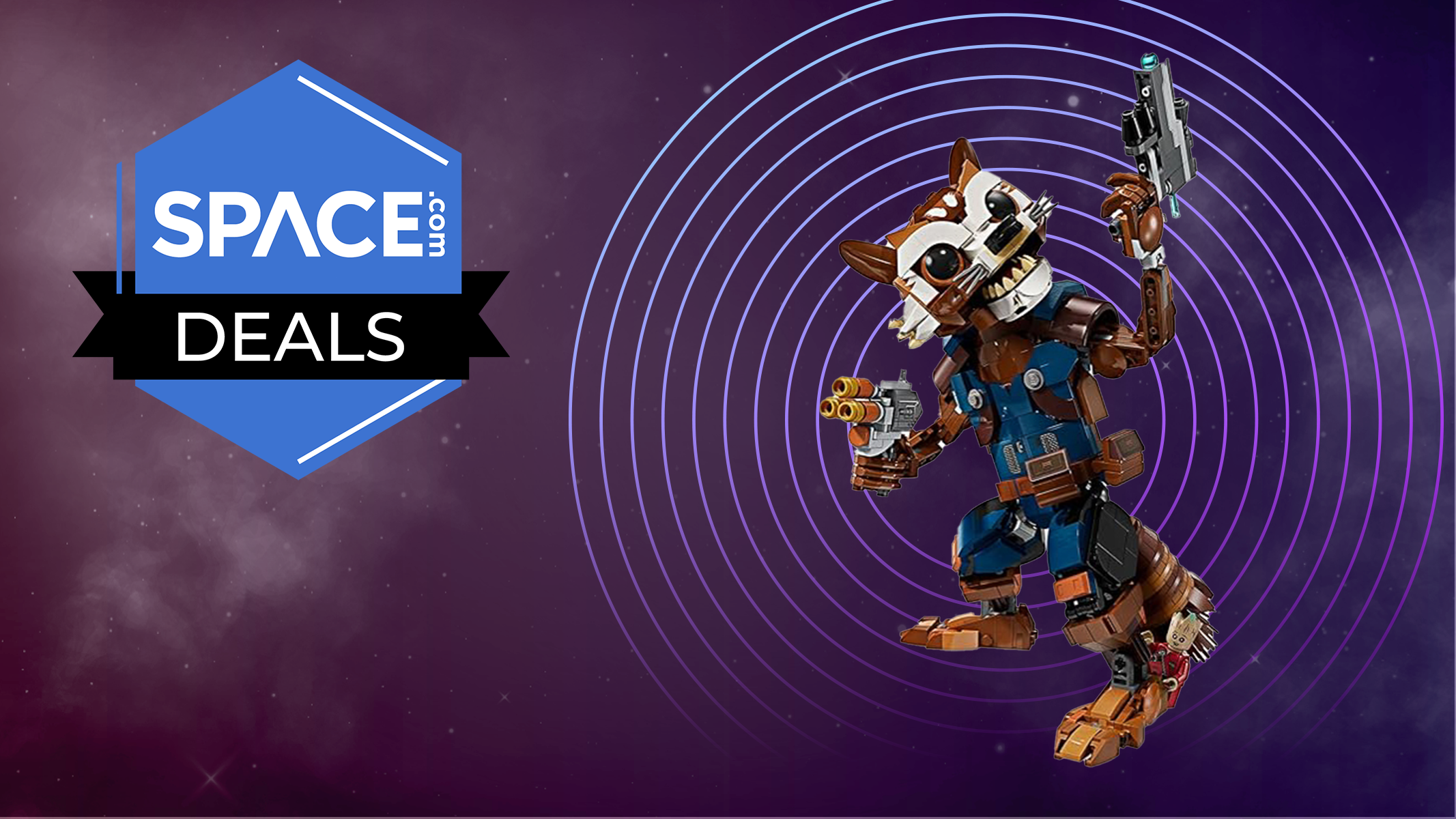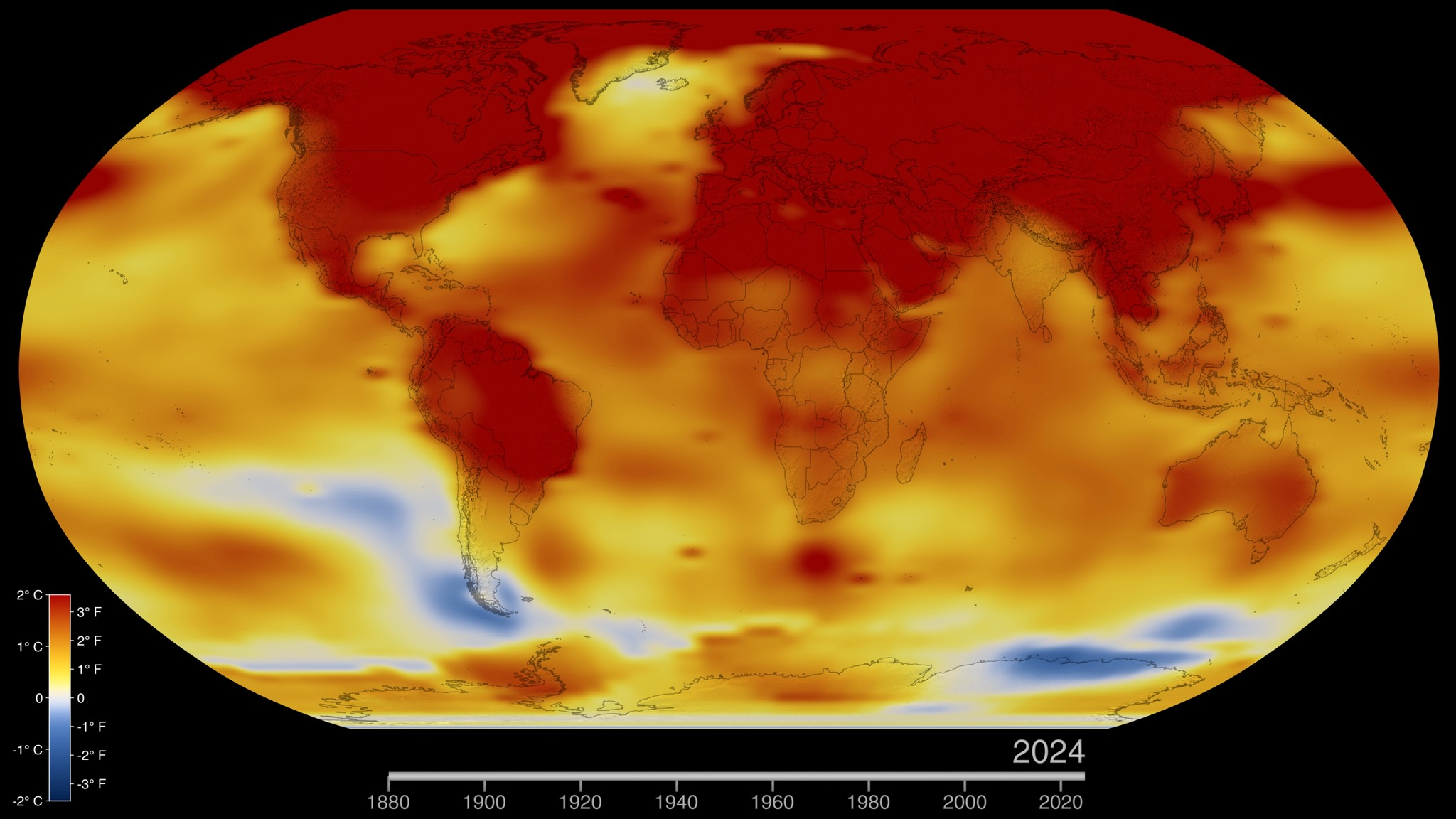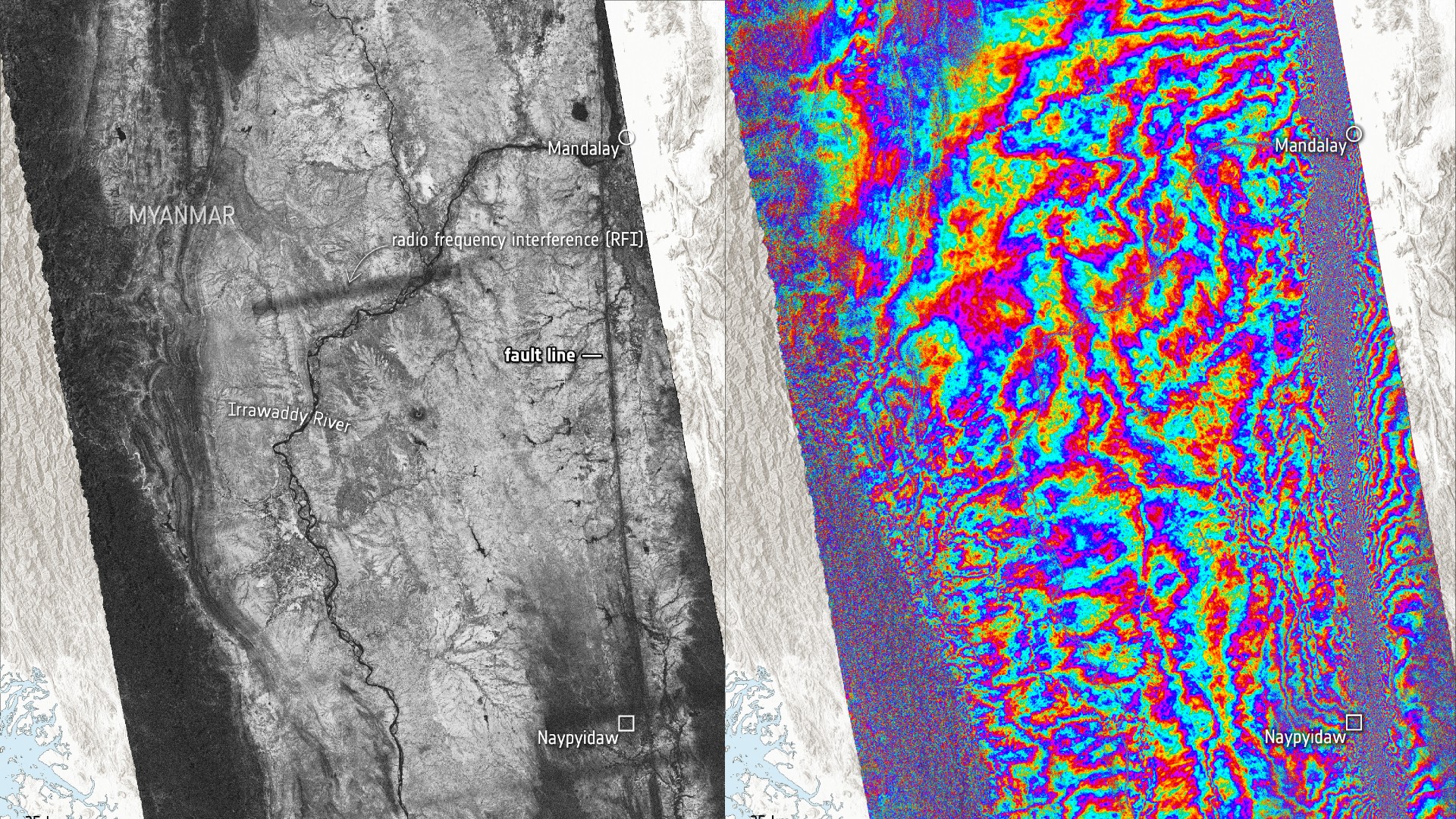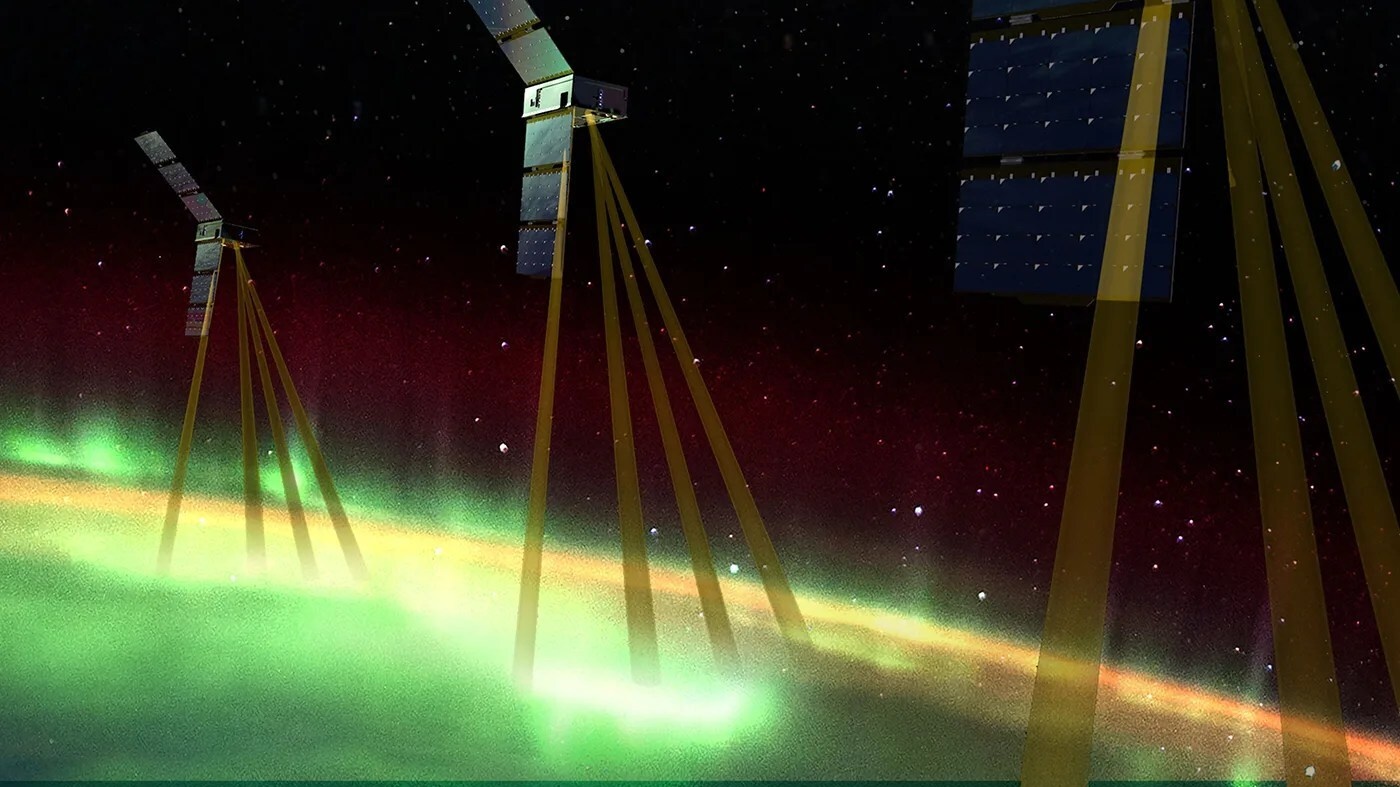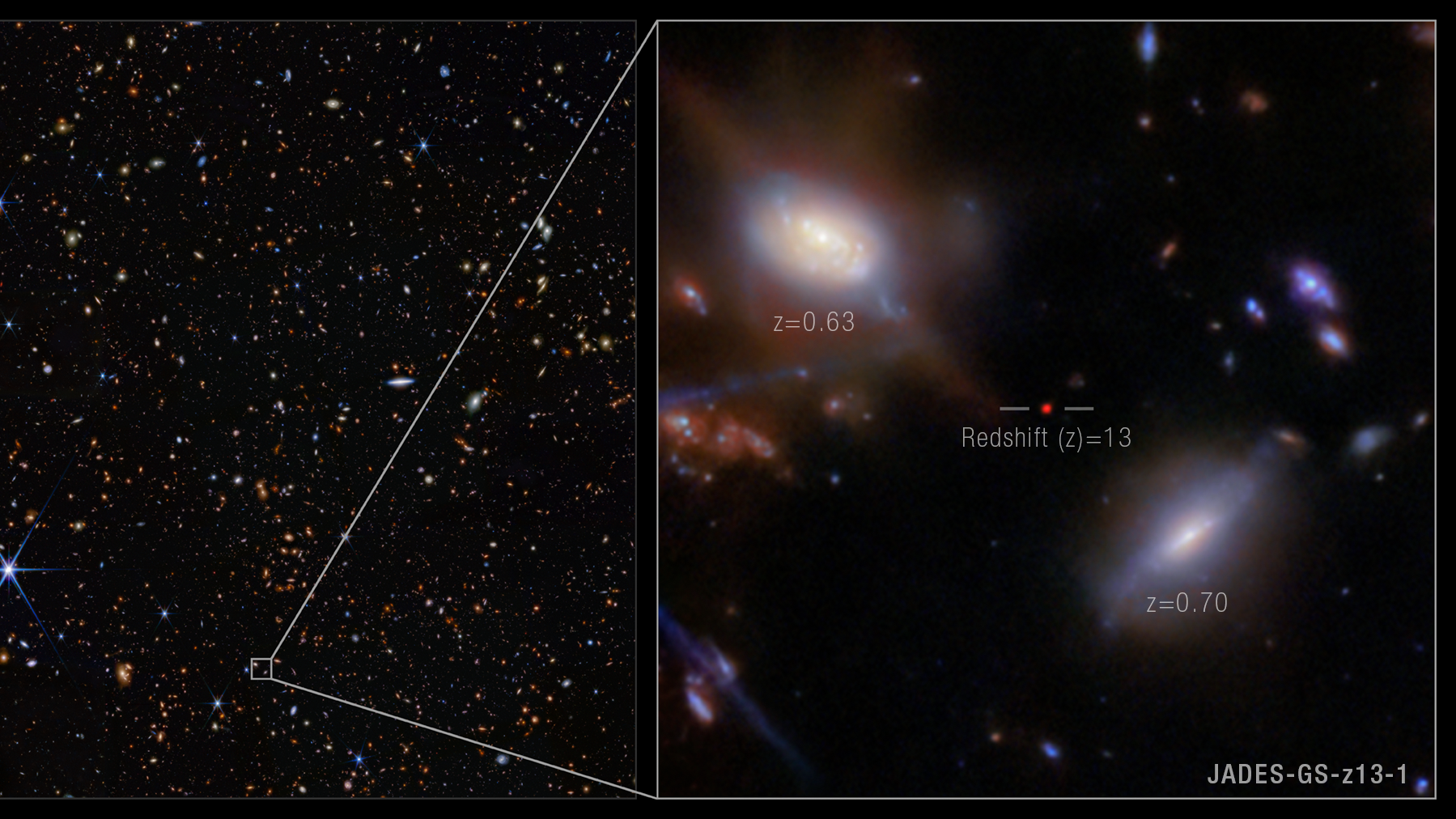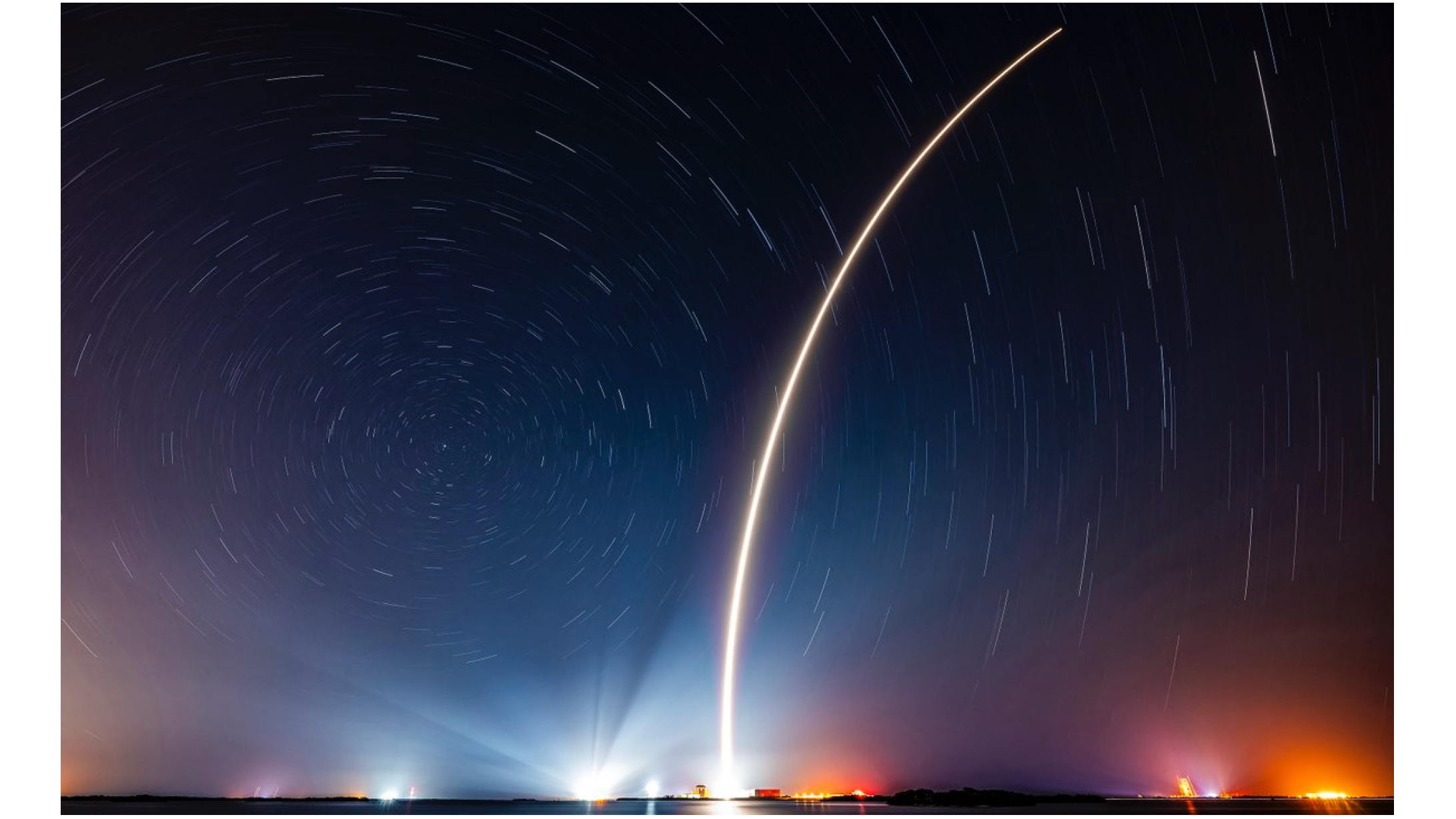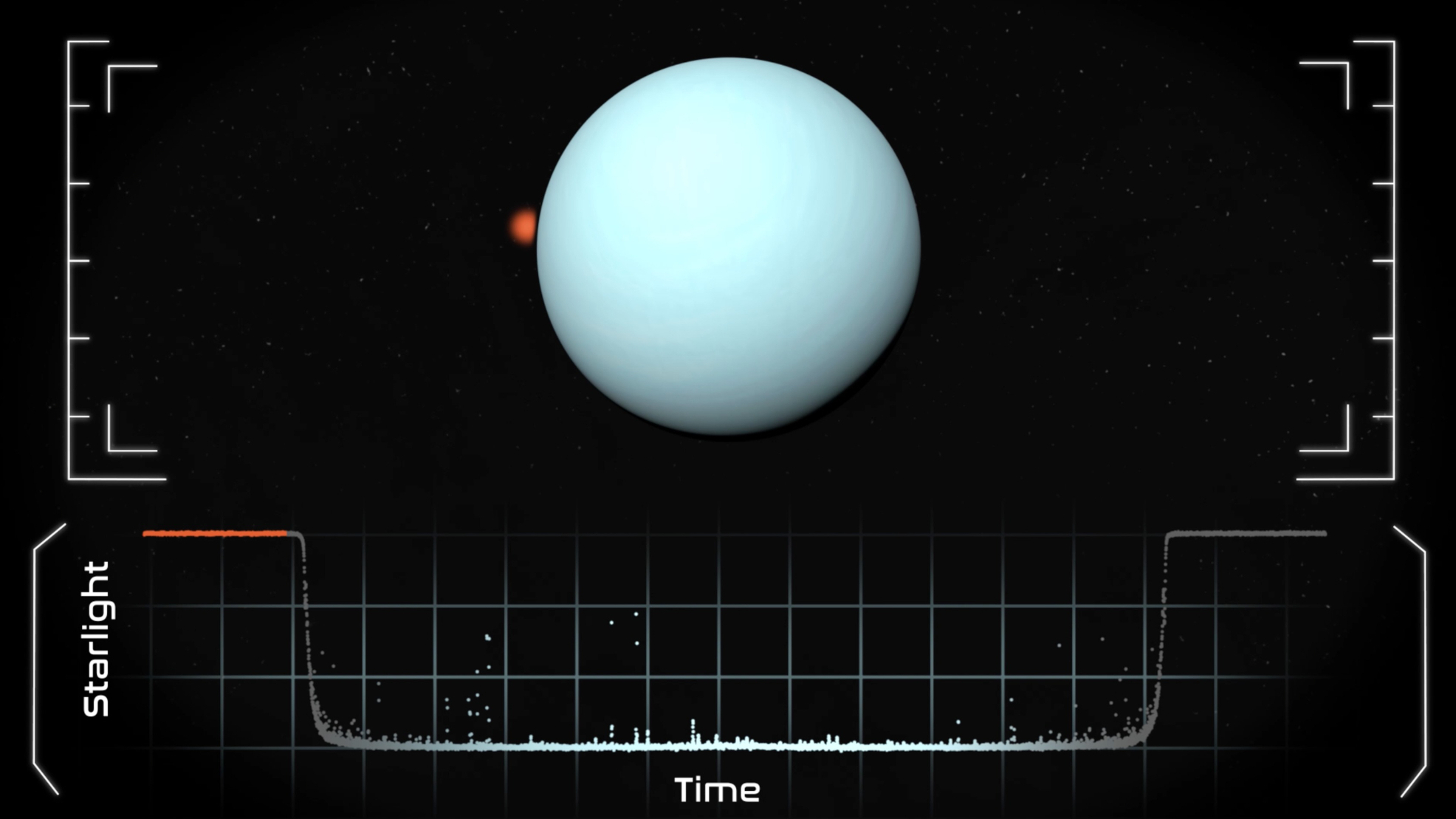COMMENTARY: Griffin Should Reverse Outrageous Hubble Decision
Last year, a bean counter who did many good things at NASA made one glaringly bad decision. With no input from the science community, NASA's then-chief Sean O'Keefe decided to cancel a planned mission to service the Hubble Space Telescope. In the minds of many astronomers, politicians and the public at large, the thought was outrageous.
People love Hubble and its pictures, and the space agency could not hope for a better public relations vehicle. Scientists crave the data and images Hubble gleans from the distant universe. Without servicing of its batteries and gyroscopes, the venerable observatory will likely stop taking pictures by 2008.
O'Keefe is gone, and Hubble may get a reprieve from the incoming Administrator, Mike Griffin, a man of science who is widely respected in the astronomy community.
"We should reassess the earlier decision in light of what we learn after we return to flight," Griffin said in his Congressional confirmation hearing April 11. Those are well chosen words which, for now, show only that Griffin at least acknowledges that Hubble is really the people's telescope, not NASA's.
There are many arguments for and against a servicing mission. Be it robotic or human, critics say the cost would be too steep and that a replacement telescope could be built for less. O'Keefe reasoned that another human mission to the Earth-orbiting telescope, in the wake of the Columbia shuttle disaster, would not be safe. (While O'Keefe later said he would consider the robotic effort, Griffin says it's human servicing or none.)
On the other hand, no replacement for Hubble's visible-light acuity is even in the serious planning stages. Its infrared capabilities won't be duplicated until at least early in the next decade when the James Webb telescope is expected to go up. Astronomers argue that the loss of Hubble will end many ongoing investigations of the cosmos and render other important projects impossible for years to come.
All of these arguments have merit. None is the most relevant.
Get the Space.com Newsletter
Breaking space news, the latest updates on rocket launches, skywatching events and more!
Above all else, Griffin should ask this simple question: If NASA cannot service the greatest telescope of all time, as it has done four times before, how can the agency truly get back on its feet, inspire the nation, and carry out the vision of returning to the Moon and then sending humans to Mars?
And here's another one: If the shuttles are deemed unsafe for a trip to Hubble, should they fly at all?
With the exception of the robotic Mars rovers and Hubble, it's been a long time since the American public paid much attention to anything NASA did. A bold and noble effort by NASA is long overdue, especially considering that the next lunar footprints won't likely be made for nearly 15 years. No right-minded person would suggest astronauts be put at undue risk, but spaceflight is inherently risky, and in an in-depth review, several prominent experts have said a Hubble servicing mission need not be overly dangerous and, in view of all the facts, is worth the risk. O'Keefe never listened to them. We will soon learn whether the new chief will.
Join our Space Forums to keep talking space on the latest missions, night sky and more! And if you have a news tip, correction or comment, let us know at: community@space.com.

Rob has been producing internet content since the mid-1990s. He was a writer, editor and Director of Site Operations at Space.com starting in 1999. He served as Managing Editor of LiveScience since its launch in 2004. He then oversaw news operations for the Space.com's then-parent company TechMediaNetwork's growing suite of technology, science and business news sites. Prior to joining the company, Rob was an editor at The Star-Ledger in New Jersey. He has a journalism degree from Humboldt State University in California, is an author and also writes for Medium.
